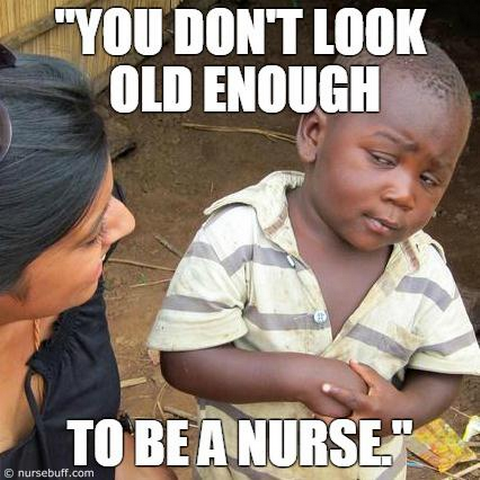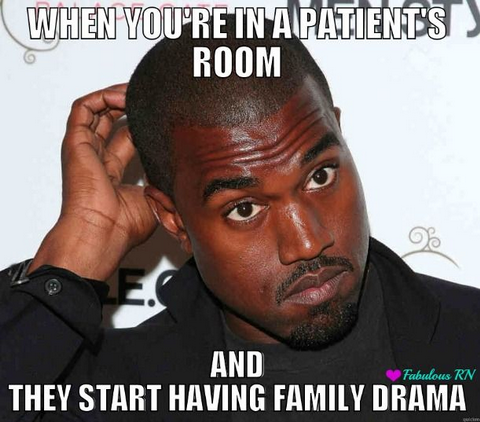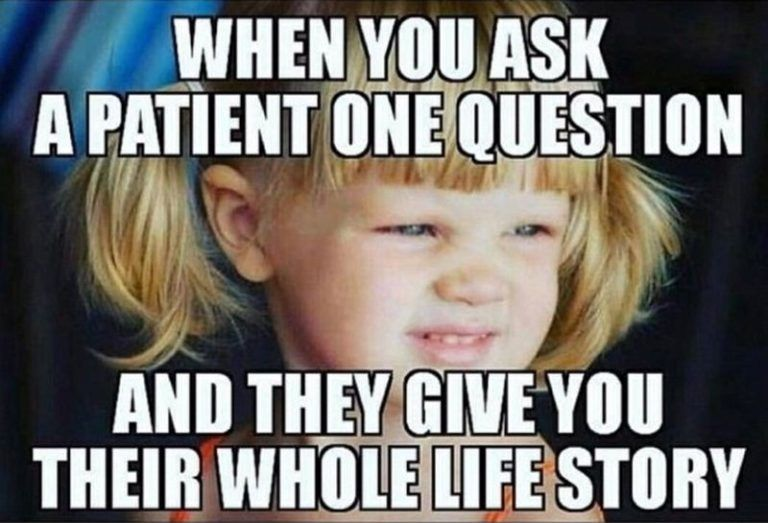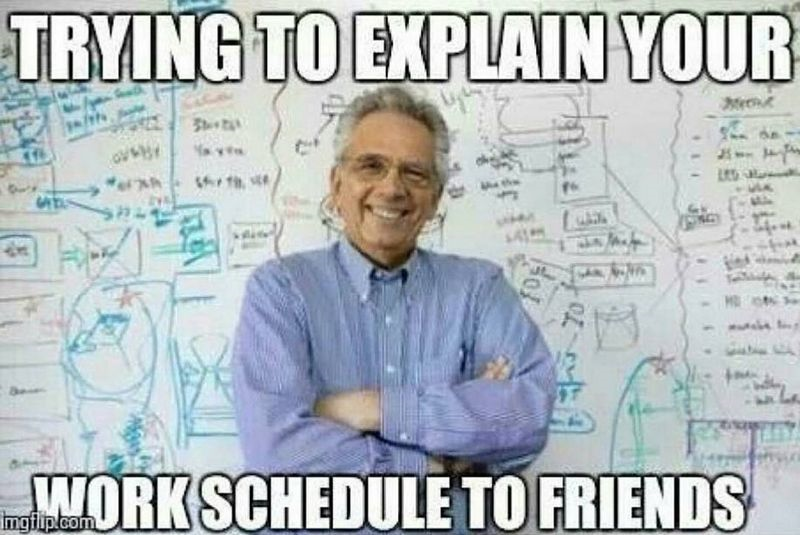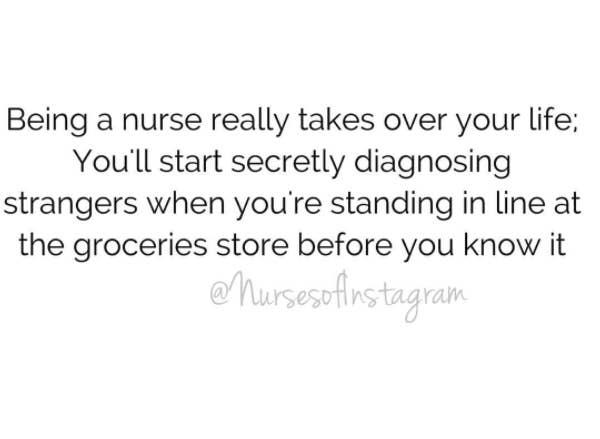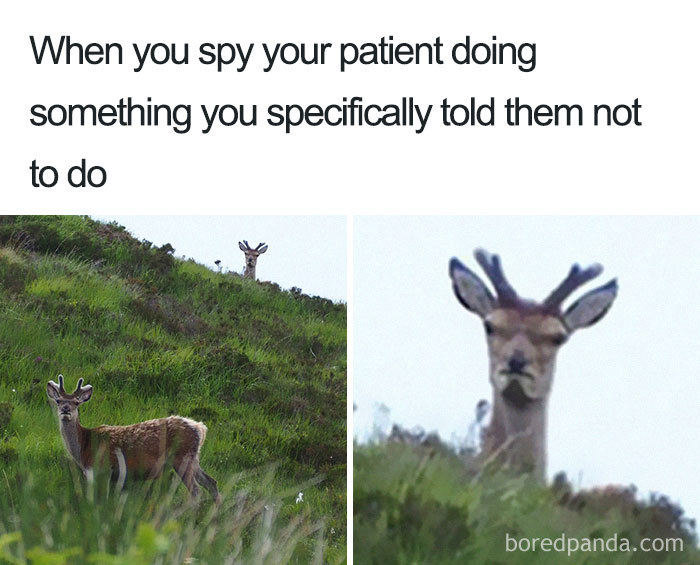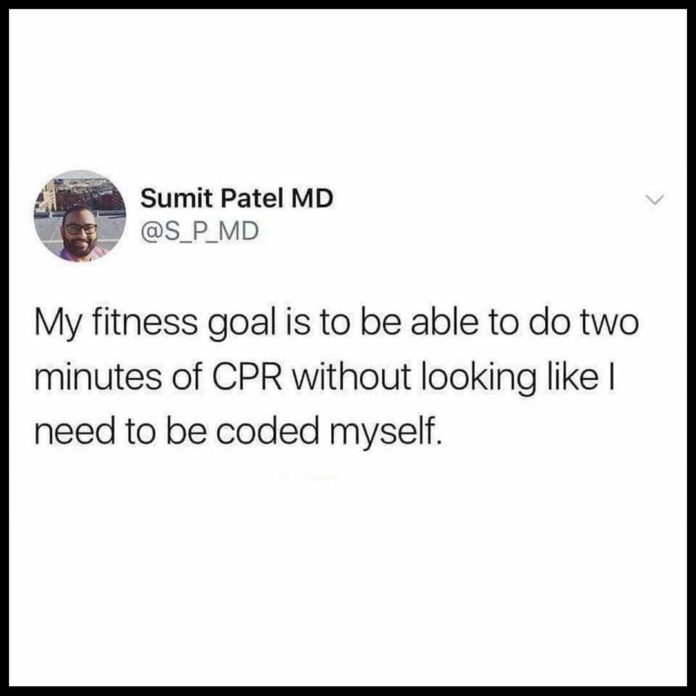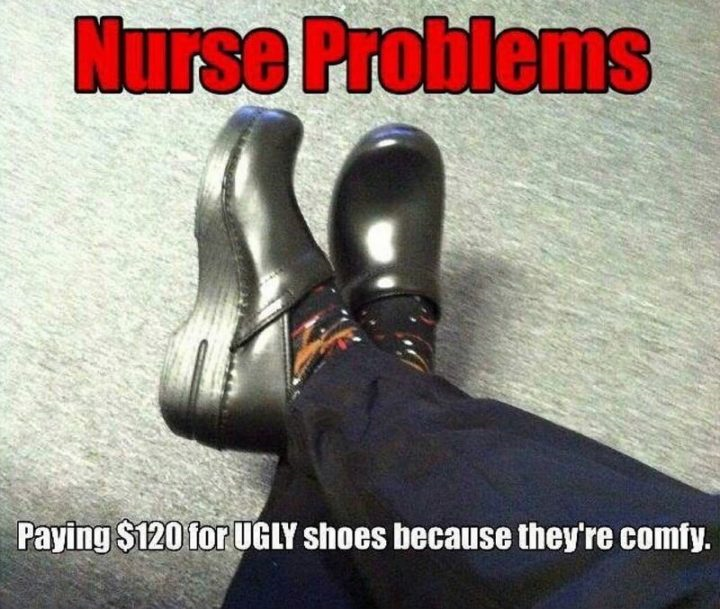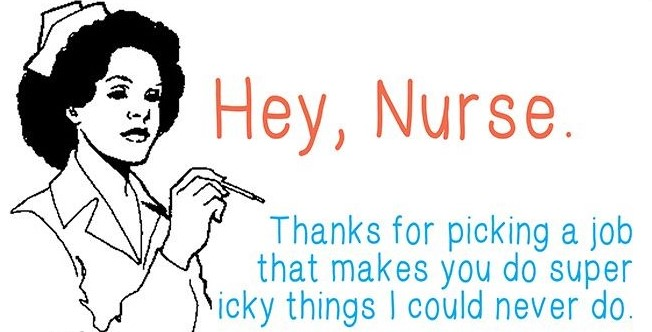If you’ve already made the decision as to what college or institution you’re going to attend, then congratulations! You’re halfway there! Now, just because you’ve figured that out, doesn’t mean you’re done just yet. Your next decision won’t be a small feat either. Choosing the right college major for you, one that speaks to your capabilities, professional goals, and interests, will not only guide your path in college but will also outline your journey in the not-so-distant future. It’s completely normal to not be completely sure of what you want to major in right away. Almost everyone experiences some hesitancy and indecisiveness!
Luckily for you, almost every degree path is designed to allow you to explore different subjects academically before you make your final major decision. Pun intended. Eventually, you will have to make a final decision, even if you just switch to a General Studies degree. It’s best to choose your major sooner rather than later as a later decision or switch may result in an extended college career. Here are some tips to help you kickstart your major decision.
- Start with self-reflection of your strong suits and interests.
Throughout your time in K-12 schooling, you more than likely have a notion of your academic abilities. You probably also know if you have any classes/subjects that you struggle with or are uninterested in. Do you excel in math in science? Are you a great storyteller and writer? Or do you excel with creative and artistic expression? You can then dive deeper into these questions. Are you a strong public speaker? Do you find leading group projects? Do you have a passion to care for others? Answering these questions may help you begin to narrow down potential fields of study.
- Ask for Help
If you’re still in high school, your guidance counselor should have some resources to help you decide on a major and can show you a career map and outlook for future jobs within that field. If you’re no longer in high school but have decided on a college and been accepted, you can reach out to your admissions advisor or your Student Support Center for guidance. A final resource would be your peers and professors. Multiple opinions and voices will be valuable in your search to find a major.
- Find fields of study that have vast career options, and which don’t.
If you’re looking into a career track in pharmacy or physical therapy, those degrees may have limited job opportunities after graduation. However, an English or business degree can open various doors including project management, entrepreneurship, and even teaching. If you’re unsure of what major to pick, one with a broad array of career opportunities may be the way to go.
- The requirements for majors that interest you.
Certain majors may intrigue you but may also have certain roadblocks along the way. For example, different certifications and exams may be required for particular career options. Some majors are also more difficult and rigorous and have higher dropout rates. Take the time to look into the specific classes and requirements for the majors you are interested in so you are aware of what’s to come.
- Consider the skillset that you will acquire.
There is often talk about which majors are “viable” in terms of career preparation, but what’s more important are the skills you’ll develop, the experiences you’ll have, and your ability to apply what you’ve learned. For instance, many businesses hire graduates with liberal arts degrees because of the critical thinking and communications skills that are developed, especially if they’ve completed a couple of strong internships. On the other hand, if you intend to go into fields like engineering or computer programming, you’ll need to choose a major that equips you with the hard skills needed to perform the job.
- Get insight from your core classes.
Each school will have general education requirements for all students, no matter what their major is. Most students will complete these courses during their freshman year. Completing these classes will allow you to explore a variety of subjects while finding what interests you.
- Conclusion
No matter what you decide to major in, nothing is set in stone right away. If you end up realizing that you made a mistake, all is not lost since you do have the option of changing to something else. Keep in mind, however, that changing majors can potentially delay your graduation date, so don’t do so impulsively, but don’t wait too long either if you know in your heart a change is necessary.
By putting the time in early on to figure out the right path for yourself, you’ll be better able to choose the major that’s right for you from day one.


